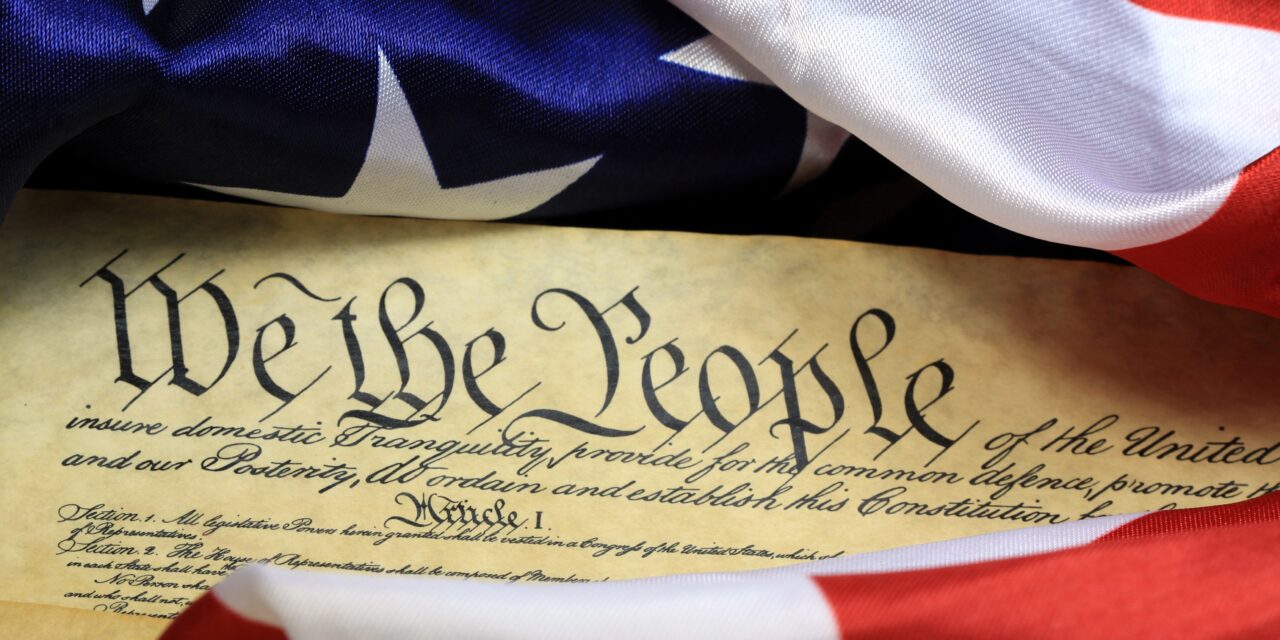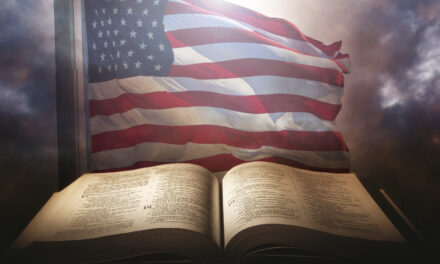Influencing Citizens. How They Served Our Country – Phillis Wheatley
By David Streater, Ph.D.
Burke County
This is an American history educational moment of those who made a difference during the Revolutionary War era and how they served our Country.
In 1753, a girl was born in Africa. At seven, she was abducted and transported to America to be a slave.
During the summer of 1761, Susanna Wheatley was in Boston at the Beach Street pier. She was seeking a young person for domestic duties. Mrs. Wheatley saw a humble girl who was frail, toothless, and naked. Susanna was reminded of her daughter, who was about her age when she died ten years before.
Back home, Susanna named this girl Phillis Wheatley. Her name came from the delivery ship and her own last name. Within a year, Phillis was reading the Bible, studying humanities, including geography and astronomy.
She was a prodigy being tutored by Susanna and her children. Phillis also started writing poetry. When her first work was published in 1767, she was recognized and given financial support by the Countess of Huntingdon. This recognition gave her passage to London and publication of her book of poems, “the first book written by a black woman in America”. Phillis’s astute writings received accolades from Americans John Hancock, George Washington, and English poet-scholars Pope and Gray.
All social classes, including abolitionists and slavers, enjoyed reading her poetry. When Mrs. Wheatly died in 1774, Phillis immediately returned home. The Revolution became her primary interest—supporting the colonies while opposing slavery.
As bequeathed a freed slave upon the death of Susanna, Phillis continued to write. Unfortunately, her second book was not a financial success. Phillis married John Peters and their three children died during infancy. Phillis was employed as a domestic worker and died at 31 during labor. Her literary work helped support the American Revolution and abolition movements. If she lived now, Phillis would have been a poet laureate.
Please visit your Charters of Freedom setting in most western North Carolina counties. A Charters of Freedom setting consists of the Declaration of Independence, the United States Constitution, and the Bill of Rights. They are on permanent display analogous to the Charters of Freedom in the National Archives, Washington, DC. Please visit our website (ChartersofFreedom.com) to learn more about our existing settings.
All teachers are encouraged to contact Dr. Streater for information and complementary student education materials to enhance experiential field trips to Charter of Freedom settings. Everyone is welcome and urged to obtain a personalized engraved legacy paver for placement at their local Charters of Freedom setting. Please contact Dr. Streater (david.streater@gmail.com) for engraved legacy paver information and complementary educational materials.
_______________________________________
Dr. David Streater is the director of education for Foundation Forward. He is a retired college instructor and administrator, and a retired probation and parole officer/administrator. David is a criminologist who has an acute history interest, served in the Navy, and is a resident of Burke County, NC.
You can read more Good Christian News HERE.
Read more about our founding fathers HERE.
_______________________________________







